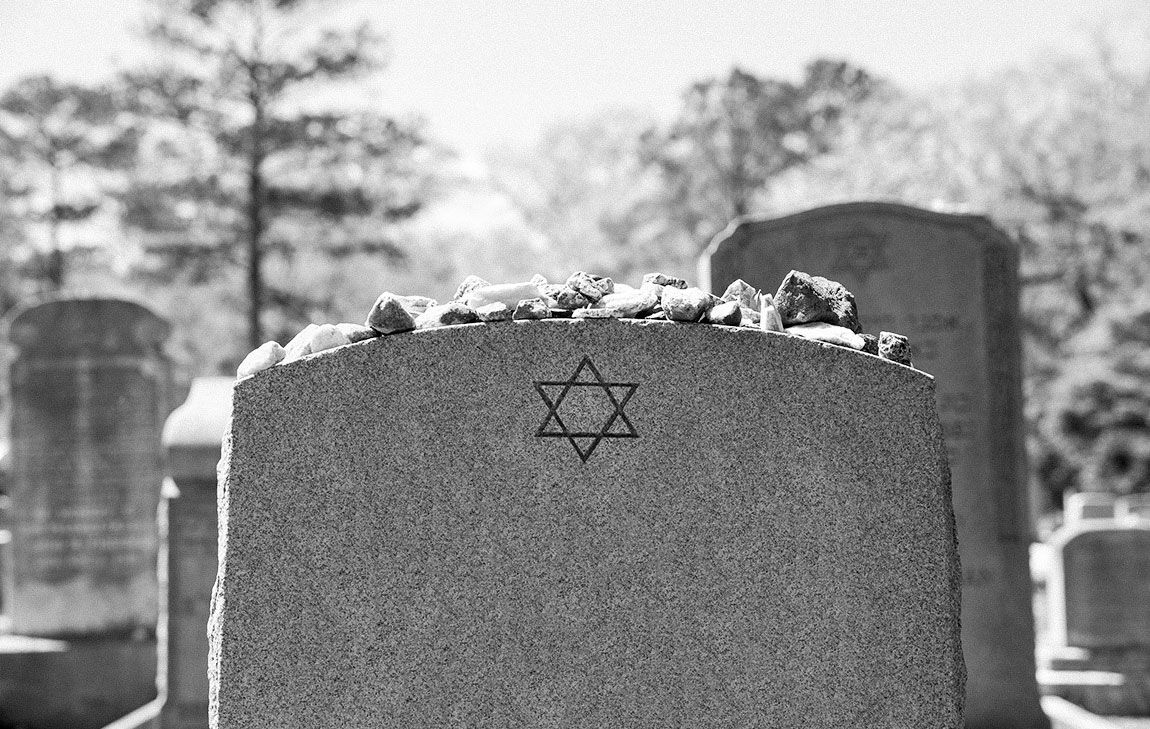Attending a Jewish Funeral When You're Not Jewish
When a friend or loved one of a different faith experiences a loss, we want to be there for them and support them in their time of bereavement. But when their customs differ from our own, we need to take some extra steps to seek out common ground and understanding so we can be both respectful and supportive.
If you’re a non-Jew and you’ve been asked to attend a
Jewish funeral, you may feel intimidated or challenged by the culture and traditions as you enter unfamiliar territory. You may wonder how you should behave at a Jewish funeral, so that you may appropriately pay your respects to the deceased and their family.

Time-Honored Rituals
Jewish funeral traditions are deeply rooted in religious practices that have evolved over thousands of years. Here are some of the most important to be aware of:
- How soon the funeral takes place: Jewish funerals usually occur within 24 hours of the person’s passing. This is in accordance with the Torah and is a sign of respect to the deceased. Some Jewish sects allow up to three days instead, but expect the burial to happen as soon as possible. This means that once you are invited to attend the funeral, it’s best to clear your schedule as soon as possible.
- Length of the funeral: The ceremony is typically short and simple, lasting about 15 minutes. It may take place at the graveside, a synagogue, or the funeral home. A traditional Jewish funeral service includes a recital of psalms, followed by a eulogy and El Maleh Rachamim, a plea that the soul of the departed be granted proper rest. When the casket is placed in the grave, mourners will each shovel dirt over it as a symbol of respect and farewell.
- Mourning period and visitation: The Jewish faith sets aside a mourning period, also known as Shiva, which begins immediately after the funeral. Shiva typically lasts seven days and provides a framework for the grieving family to mourn the deceased and receive support and comfort from their community. During Shiva, friends and neighbors visit the family to offer condolences and share in mourning. As a non-Jew, it’s respectful to recognize the importance of Shiva and that your participation is welcome after making a call to inquire about when you can visit the family.
Understanding Proper Etiquette
When attending a funeral outside of your own faith, the best advice is to observe other guests and follow their lead. It’s best to dress conservatively in modest, dark-colored clothing: a suit and tie for men, a skirt for women. Many mourners will be wearing a yarmulke or head covering, but this is not expected of non-Jews.
Unlike many Christian and secular funerals, the Jewish funeral ceremony itself is not an especially social function. Instead of approaching the family with your condolences at the service, wait until Shiva and visit with them at home.
During this time, it’s customary to bring a small gift, typically food. Food is a symbol of comfort for the grieving family as they are not supposed to work during Shiva. Please remember to inquire about food sensitivities beforehand and if kosher foods are required.
Flowers are not considered appropriate for Jewish funerals.
Supporting a Friend in Grief
No matter your faith or background, simply being present to support a friend through a difficult time is one of the most valuable things you can do. Recognizing and participating in their rituals can be immensely comforting for your friend and their family.
Another way to support a friend during this time is by planting a tree in Israel with the help of the Jewish National Fund in their loved one’s memory or performing an act of charity, also known as tzedakah. This could be in the form of a small donation to a synagogue or an institution the deceased supported. It’s never a bad idea to ask your friend how you can best support them and help them along in their grief journey.
As you prepare to offer your support and condolence to a Jewish loved one, remember that Judaism is not a monolith, and different families will have different practices, customs, and traditions. Doing your own research about what to expect at a Jewish funeral is helpful, but it’s also best to ask about what’s expected of you when you’re uncertain.
You can reach out to a family member or another mourner who will be attending. You can also
contact the funeral home to ask questions about the service, such as what to wear or where to send donations. Horan & McConaty Funeral Service and Cremation has served Denver’s diverse community for over a century, and we are here to help mourners in any way we can. Call us at (303) 745-4418
with questions about a specific service.



